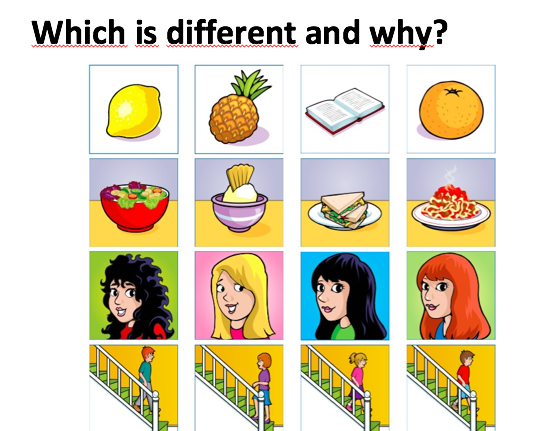Can you name some hobbies?
What are you good at?
Click on: Vocabulary for Hobbies
Note: You can print the vocabulary for hobbies pages and make cards. Use the cards to play a memory game.
Useful Structures:
Question: Are you good at ... ( hobbies)? For example: Are you good at doing ballet?
I am good at (hobbies).
I am great at (hobbies).
I am not so good at (hobbies).
I am terrible at (hobbies).
How to Play memory game:
- Mix the cards then place them face down on the table.
- Players take it in turn to turn over two cards of their choice in order to try and create a pair.
- Players show the cards to all the players.
- If the two cards are identical, the player keeps them.
- If the two cards are not identical, he places them face down in the same place.
- It is then the turn of the next player to turn over two cards.
- The game ends when there are no more cards on the table.
- The player who has the most pairs wins.
Questions:
Let's practise asking and answering questions about hobbies. Try and use complete responses.
1. What do you like doing in your free time?
I like ______________
2. When do you have free time?
I have free time ______________ (after school, after dinner, at weekends ...)
3. Who do you spend your free time with?
I spend my free time with _____________ (my sister/brother/parents/friends...)
4. Where do you spend your free time?
5. Where do Spanish children usually spend their free time?
6. Can you explain one of your hobbies to me?
7. When did you start doing your favourite hobby?
8. Which hobbies are the most expensive?
9. Which hobbies are the cheapest?
10. Which hobbies are the most popular in your country?





No comments:
Post a Comment